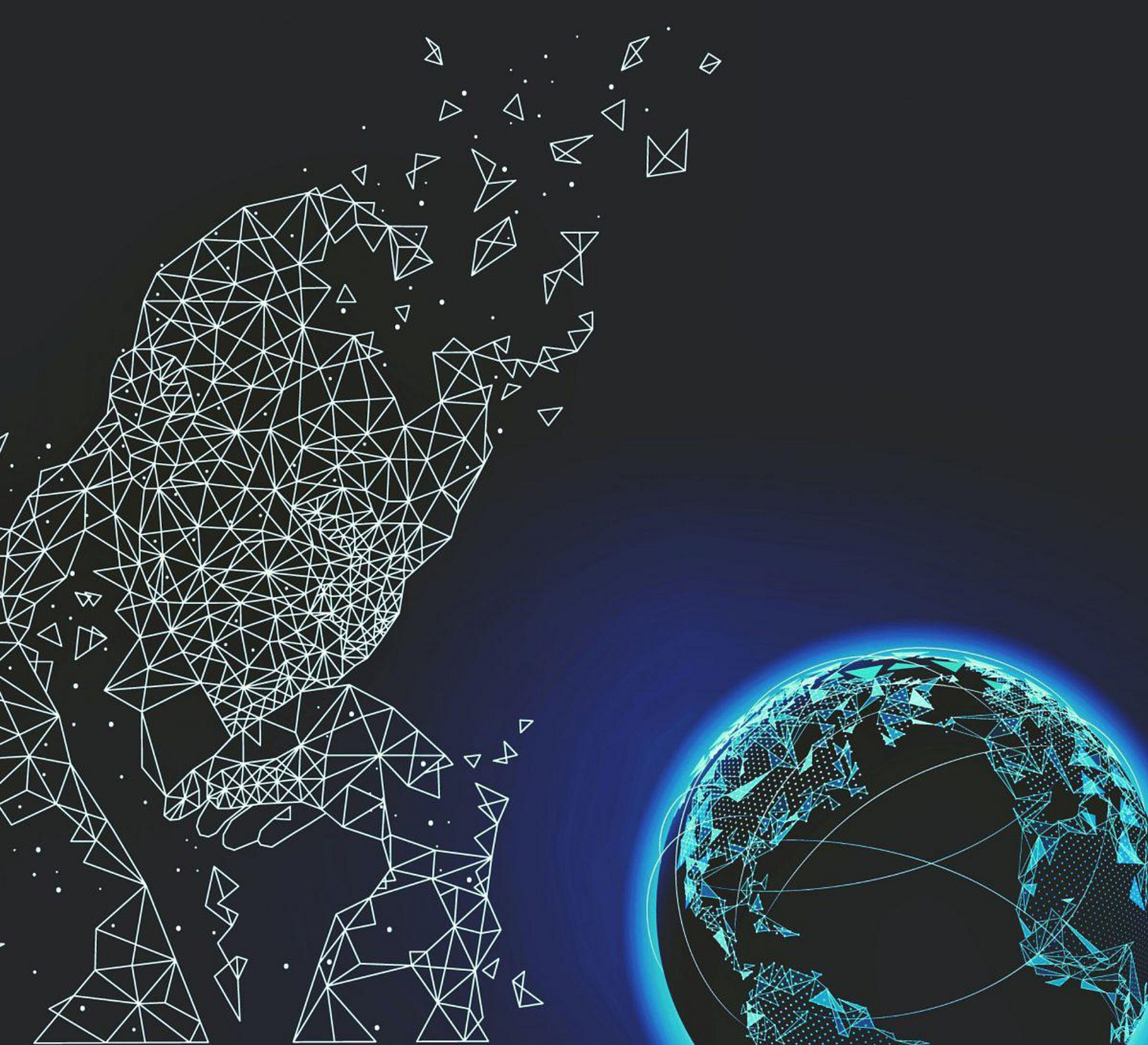THE WEST’S RAPIDLY INCREASING PROBLEMS WITH RUSSIA
The western political elite have a series of problems with Russia that unless resolved will disfigure the geopolitical landscape for generations.
The primary problem these elites have is that the Russian leadership is unwilling to acquiesce to the notion that any one nation or grouping of nations should have global dominance. This was spelled out with utmost clarity by the president of the Russian Federation, Vladimir Putin, in his address to assembled western elite figures in 2007.
Exacerbated by the events of 9/11 but already for many decades a primary U.S. goal attaining full global dominance brooked no opposition and the determination of its elites was to weaken, eliminate and replace all recalcitrant powers not in compliance with U.S. and western requirements.
There are many diverse justifications for U.S. and western interference in the affairs of those nations targeted for weakening, elimination and replacement. First and foremost is the concept of democracy.
In the USA and across the western world the democratic system is lauded as unarguably the best method of providing populations with a say in how they are governed. In reality this is restricted to certain classes of individuals, in the USA a primary requirement is extensive financial backing and elsewhere in the West the candidates for office are similarly restricted to a relatively small pool who are relatively of elite status within their societies. Nevertheless, this is considered by western leaders to correspond well to so-called democratic principles.
In various nations around the world the democratic system does not prevail and many of these nevertheless are allies of the USA and other western nations. Examples of these are Saudi Arabia, Kuwait and Qatar. These nations have their own social, religious and cultural reasons for not moving toward democracy.
Russia however does hold elections corresponding to the rules of democracy albeit western elites question the fairness to all parties within them. However, Russia has only relatively recently moved to a democratic system, never before in its history having had one. In addition to the evolving of processes toward greater democracy in Russia the particular aspects of how financial power has grown in the hands of non-governmental sources such as the Russian oligarchy and Russian mafia.
It can be argued that to open the Russian Federation to the same degree as western societies in regard to democratic systems would have, until relatively recently, presented a real risk of it falling into the unscrupulous hands of either the oligarchy or the mafia. This was clearly a risk as Russia emerged from the era of the Soviet Union in chaotic circumstances where the most wealthy and powerful sought influence.
In my opinion, due to some nations who are thoroughly undemocratic such as those mentioned above and who remain close allies of the West, and Russia being at the very least partially democratic, the perceived lack of democracy in Russia is not the true reason for it being targeted by the West. It is my considered opinion that it is rather the fact of the Russian leadership not agreeing to domination and control by the western powers that lies at the heart of western aims regarding it.
Both Russia and China are clear targets for U.S. and western foreign policy ambitions in their combined desire to establish permanent hegemony for themselves as the rightful heirs to a system of a global patrician guardianship. Added to Russia and China are a number of other nations also targeted for regime change by the collective west. Iran, Syria, Cuba, Venezuela, Nicaragua and others receive sustained attempts to weaken them with a view to eliminating and replacing their current leadership.
Now, with Russia’s special military operation in Ukraine the tables have begun to be turned on the USA and its allies. At the onset it was presumed that the western allies could use the opportunity presented to attain the already existing goals as enumerated above, to weaken Russia, to eliminate its leadership and replace it. The opposite effect is being seen however with existing political leaders in the West now looking decidedly vulnerable to overthrow and replacement. Rising prices as a result of sanctions placed on the Russian Federation have instigated a significant blowback phenomenon which shows no sign of abating. This does not correspond at all with the long-held ambitions of western leaders in regard to establishing their dominance by the means described above, i.e. through weakening, eliminating and replacing the leadership of rival nations.
Ironically Russia is emerging ever stronger due to the sanctions designed to make it weaker. This process appears still to have a long way to run as the western powers appear opposed to any change in their policies toward Russia vis a vis Ukraine. Current trends are therefore likely to continue and grow ever more powerful in their effects, especially as Russia’s allies such as China are working to a common and ever more successful purpose and with the additional support of powerful nations such as India, to turn the tide on the abuse of power they perceive as being perpetrated by the West in decades and even centuries past.
Russia then, and all who think in much the same way as the Russian leadership now present a huge range of problems to a western world rapidly diminishing as the world’s supreme power base.



